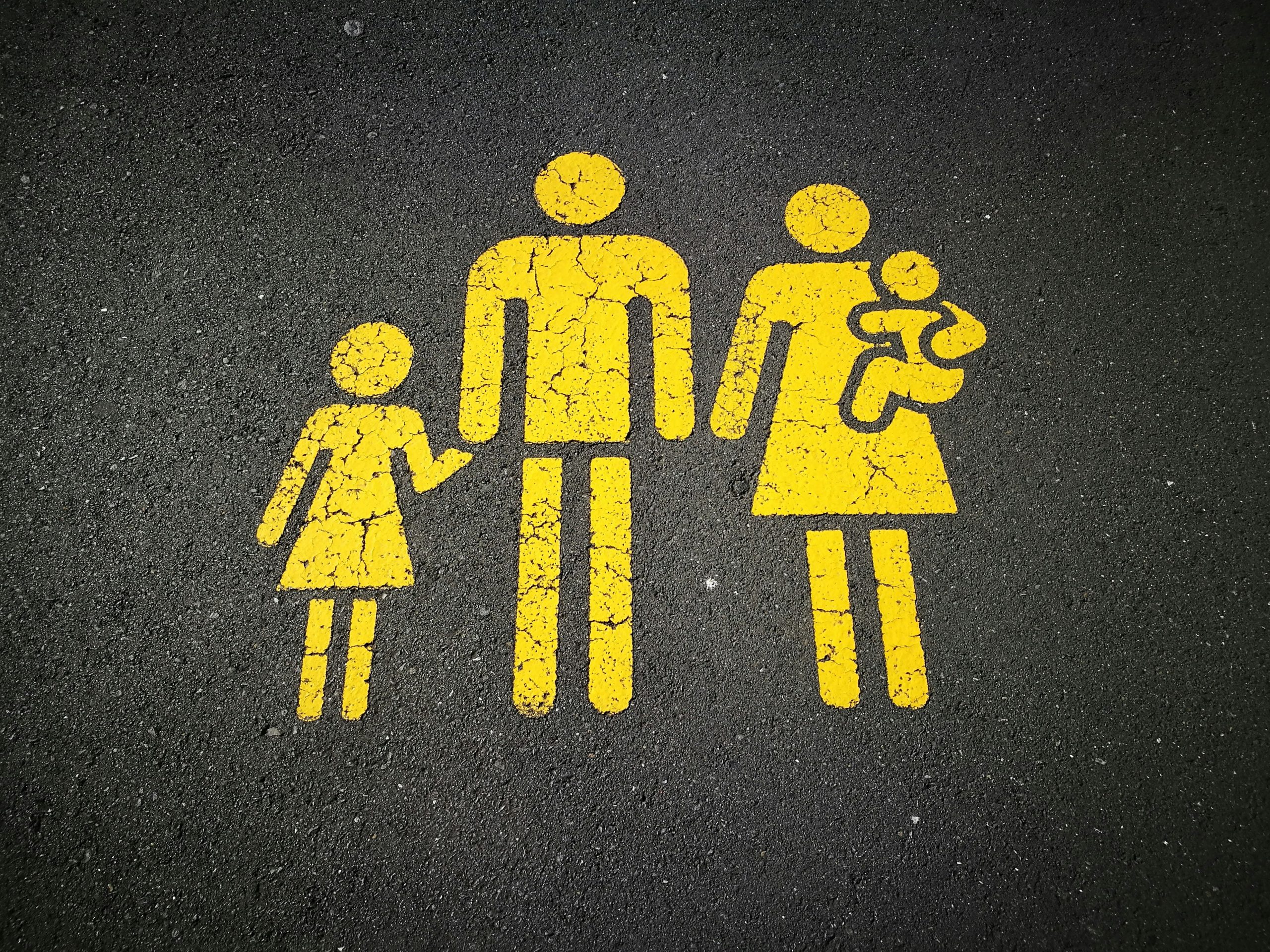
Fulfilling the Promise: Navigating Gender Injustice in Uganda for Lasting Social Transformation
As the 2030 agenda for Sustainable Development Goals (SDG) reaches its midpoint, the critical need for gender equality has emerged with unprecedented clarity. Among the SDGs, gender equality stands as a cornerstone for achieving broader social, economic, and environmental objectives. Our latest Issues paper titled “Fulfilling the Promise – Navigating Gender Injustice in Uganda for Lasting Social Transformation” sheds light on the unique challenges and strides toward achieving gender parity in Uganda. This paper not only delineates the obstacles but also proposes actionable recommendations for stakeholders at all levels.
A Multi-Faceted Approach to Education and Youth Empowerment
The journey toward gender equality in Uganda begins with education. High school dropout rates present a significant barrier to this end, particularly among young girls. The government of Uganda, in collaboration with schools, families, and communities, is urged to fortify the social, emotional, and educational development of the youth. This includes the establishment of professional school counseling, mentorship programs, and continuous sensitization of parents about the importance of education. Special attention must be given to providing free and adequate menstrual hygiene management facilities for girls and enforcing policies against child labor and early marriages.
Enhancing Attitudes Towards Gender Justice
Improving societal attitudes toward gender justice and roles is crucial. The Ministry of Gender, Labour and Social Development, alongside civil society, should articulate the complexities of gender justice, promoting inclusivity and positioning both genders as allies in the pursuit of equality. This involves intensive public awareness campaigns to challenge stereotypes and promote a mindset change across all age groups. A nuanced approach is necessary to navigate cultural resistance effectively.
Data-Driven Policies and Intersectional Approaches
The establishment of a comprehensive resource by the Uganda Bureau of Statistics (UBOS) and the Ministry of Gender for collecting and storing disaggregated gender data is essential. This initiative will close gender data gaps, enabling informed policy-making. Furthermore, all stakeholders must adopt an intersectional approach to gender justice, ensuring the well-being of women and girls through education, economic empowerment, and healthcare.
Economic Empowerment and Gender-Inclusive Policies
Monitoring and evaluating the implementation of economic empowerment programs is another critical step. These programs should be inclusive, allowing sustainable development. Additionally, targeted studies on gender challenges affecting both men and women are essential for a balanced gender perspective.
Legislative Reforms and Leadership
Addressing legislative gaps concerning women’s access to and ownership of property, including land, is imperative. The government and private sector must work together to reduce unemployment rates among urban women and motivate rural men to engage in agricultural activities. Furthermore, to attract more women into leadership and decision-making positions, gender quotas and training programs are recommended.
Addressing Unpaid Care Work and Gender Pay Gaps
The enactment of policies on unpaid care work is vital for balancing paid and unpaid care responsibilities. Such policies should advocate for shared household responsibilities and the provision of public services like childcare facilities. To narrow gender pay gaps, the introduction of a gender-neutral minimum wage and gender pay audits are necessary steps.
Access to Healthcare and Revisiting Affirmative Action
Ensuring women’s full access to healthcare, including sexual and reproductive health services, is of utmost importance. The government must develop innovative strategies to make these services more accessible and stigma-free. Lastly, the affirmative action policy requires reevaluation to determine areas needing adjustment, ensuring it does not inadvertently perpetuate inequalities.
In conclusion, the journey toward gender equality is intricate and challenging, yet with concerted efforts from all sectors of society, it is undoubtedly achievable. Read the Issues Paper.



